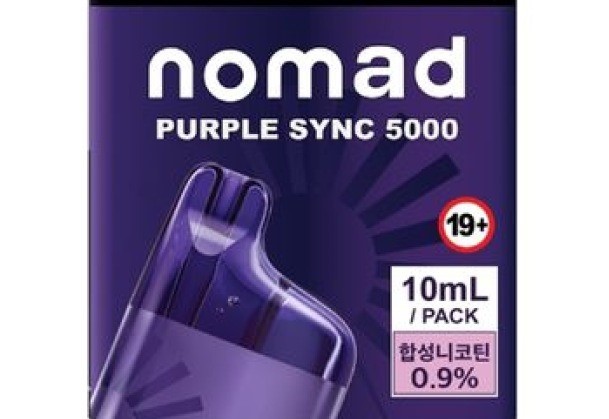
The U.S. Food and Drug Administration announced it is seeking fines against two brick-and-mortar retailers and 16 online retailers who have continued to sell unauthorized vaping products.
The regulatory agency previously issued warning letters to these retailers for their sale of unauthorized tobacco products; however, follow-up inspections revealed that the retailers had failed to correct the violations, according to an agency press release.
“Many recipients of warning letters correct the violative conduct, the release states. “However, failure to promptly correct the violations can result in additional enforcement actions such as civil money penalties, as is the case for these companies.”
The FDA has filed civil money penalty complaints against 79 manufacturers and 175 retailers for distribution and/or sale of unauthorized tobacco products. Additionally, the FDA works closely with federal enforcement partners, including through a newly announced federal interagency task force.
For example, FDA and U.S. Customs and Border Protection recently announced the seizure of $76 million in illegal e-cigarettes.
A bipartisan group of influential House lawmakers recently stated their doubts about the Food and Drug Administration’s proposal to begin collecting fees from e-cigarette companies, akin to how the agency charges fees to tobacco firms.
FDA officials say that the fees would give regulators resources to tackle the thousands of illegal vapes lining store shelves.











 Ispire Technology announced the launch of VLT, a groundbreaking vaping pod system that redefines the 510-thread experience. VLT’s proprietary reload system offers a sustainable and eco-friendly solution that empowers consumers to take control of their vaping devices, addressing key concerns about environmental impact and disposable hardware waste.
Ispire Technology announced the launch of VLT, a groundbreaking vaping pod system that redefines the 510-thread experience. VLT’s proprietary reload system offers a sustainable and eco-friendly solution that empowers consumers to take control of their vaping devices, addressing key concerns about environmental impact and disposable hardware waste.








